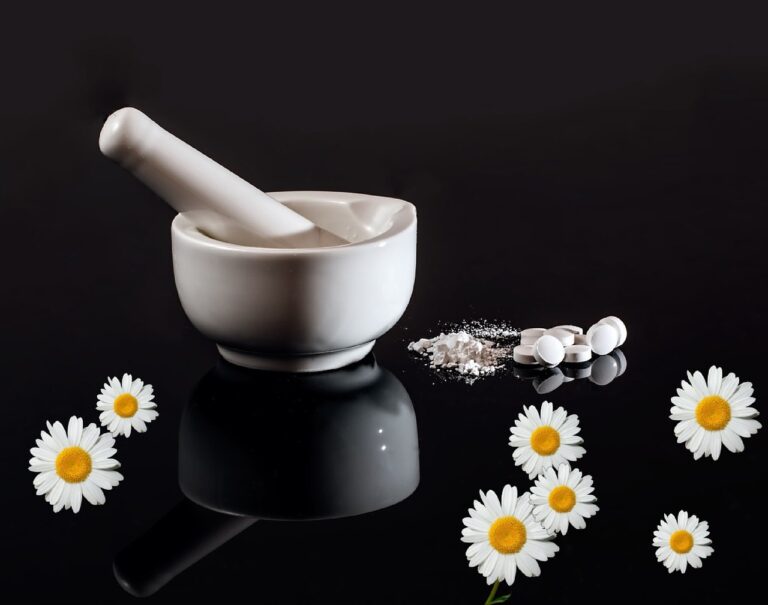The Rise of Skincare Supplements: Do They Work?
all panel mahadev, mahadev book login, allpanel login:The Rise of Skincare Supplements: Do They Work?
In recent years, the beauty industry has seen a surge in the popularity of skincare supplements. These oral supplements claim to improve the skin’s appearance and health from within, offering benefits such as anti-aging effects, hydration, and protection against environmental damage. But do these skincare supplements actually work, or are they just another marketing gimmick? Let’s take a closer look at the science behind skincare supplements and whether they live up to their promises.
The Science Behind Skincare Supplements
Skincare supplements are designed to provide essential nutrients that support the skin’s health and function. These may include vitamins, minerals, antioxidants, and other beneficial compounds that are known to have positive effects on the skin. For example, vitamin C is a powerful antioxidant that can help protect the skin from oxidative stress and improve collagen production, while hyaluronic acid can enhance hydration and plumpness.
While these ingredients have been extensively studied for their skincare benefits when applied topically, the effectiveness of oral supplements is still a subject of debate. Some studies have shown that certain nutrients can improve skin health when taken orally, while others have found limited benefits.
One of the main challenges with skincare supplements is ensuring that the nutrients are delivered effectively to the skin. The skin is a complex organ with multiple layers, and not all nutrients can easily penetrate to where they are needed most. Additionally, the body may prioritize the distribution of nutrients to other organs before reaching the skin, which can limit the effectiveness of oral supplements.
Do Skincare Supplements Work?
While the science behind skincare supplements is promising, the effectiveness of these products can vary depending on the individual and the specific formulation. Some people may see noticeable improvements in their skin after taking skincare supplements, while others may not experience any significant changes.
It’s important to note that skincare supplements are not a substitute for a healthy skincare routine. Eating a balanced diet, staying hydrated, protecting the skin from sun damage, and using topical skincare products are still essential for maintaining healthy skin. Skincare supplements should be viewed as a complementary option to support overall skin health, rather than a miracle solution.
Additionally, the quality of skincare supplements can vary widely, so it’s essential to choose reputable brands that use high-quality ingredients and have undergone rigorous testing. Consulting with a dermatologist or skincare professional can also help you determine which supplements may be most beneficial for your skin concerns.
FAQs
1. Are skincare supplements safe to use?
Most skincare supplements are considered safe for consumption when taken as directed. However, it’s essential to consult with a healthcare professional before starting any new supplement regimen, especially if you have underlying health conditions or are taking medications that could interact with the ingredients.
2. How long does it take to see results from skincare supplements?
The timeframe for seeing results from skincare supplements can vary depending on the individual and the specific formulation. Some people may notice improvements in their skin within a few weeks, while others may take longer to see noticeable changes. Consistency is key when it comes to using skincare supplements, so be patient and give the products time to work.
3. Can skincare supplements replace topical skincare products?
Skincare supplements are meant to complement, not replace, your topical skincare routine. While oral supplements can provide nutrients that support skin health from within, topical products are still essential for addressing specific skin concerns such as acne, dryness, and aging. Combining both oral and topical skincare approaches can help you achieve the best results for your skin.
4. Are there any side effects of skincare supplements?
Some people may experience side effects from skincare supplements, especially if they have allergies or sensitivities to certain ingredients. Common side effects may include digestive issues, skin reactions, or interactions with medications. If you experience any adverse effects from skincare supplements, discontinue use and consult with a healthcare professional.
In conclusion, skincare supplements can be a valuable addition to your skincare routine, but they are not a magic solution for perfect skin. While some people may benefit from the nutrients provided by oral supplements, others may not see significant changes. It’s essential to approach skincare supplements with realistic expectations and to prioritize a holistic approach to skin health that includes a healthy diet, proper hydration, sun protection, and topical skincare products. Consulting with a skincare professional can help you determine the best course of action for your skin concerns.







